About Centre
IDSA's Europe and Eurasia Centre conducts its research both topically and regionally, focusing on the key strategic importance of Europe and the Eurasian region – covering Russia and the former Soviet Republics – to India’s security and foreign policy. While the European continent itself is no longer a major source of threats to India, European involvement and outreach on the global and regional arenas demand active attention to the security and defence policies of European countries and the efforts of major multilateral institutions such as NATO and EU. The Centre continues to host visiting European policy makers, academics, military personnel, diplomats and political leaders for conferences, seminars, lectures, workshops, and informal briefings.
In addition, the Centre focuses on the security and foreign policies of Russia as well as of the post-Soviet republics. India continues to depend on Russian defence supplies and benefits from Russian cooperation in the fields of hydrocarbon and nuclear energy. In the past, India and the erstwhile Soviet Union had invested heavily in a strategic relationship. That continues to be an important goal in official pronouncements. Russia is still politically, diplomatically and militarily important for India.
The Centre has published several books, reports, articles and policy papers on a wide variety of issues in the region. It has been conducting a series of security dialogues with the countries of the region at the bilateral and multilateral levels. The Centre also focuses on security and strategic issues in Central Asia that impact on India. Attention is also directed towards the energy security and economic linkages between India and Central Asian States.
Members
-
Associate Fellow
-
Associate Fellow
-
Research Analyst
-
Research Analyst
Events
Monday Morning Meeting on Analysing the EU Security Dialogue in Brussels: Implications of the Ukraine War for Europe, the World, and for India
Monday Morning Meeting on "Change in Leadership in the UK: Implications for the India-UK Strategic Partnership”
Members
-
Associate Fellow
-
Associate Fellow
-
Research Analyst
-
Research Analyst

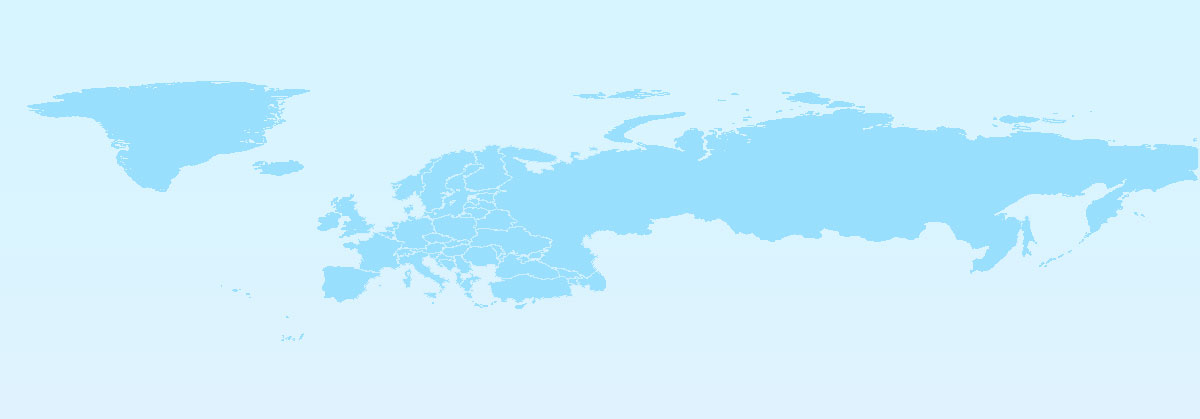


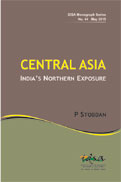
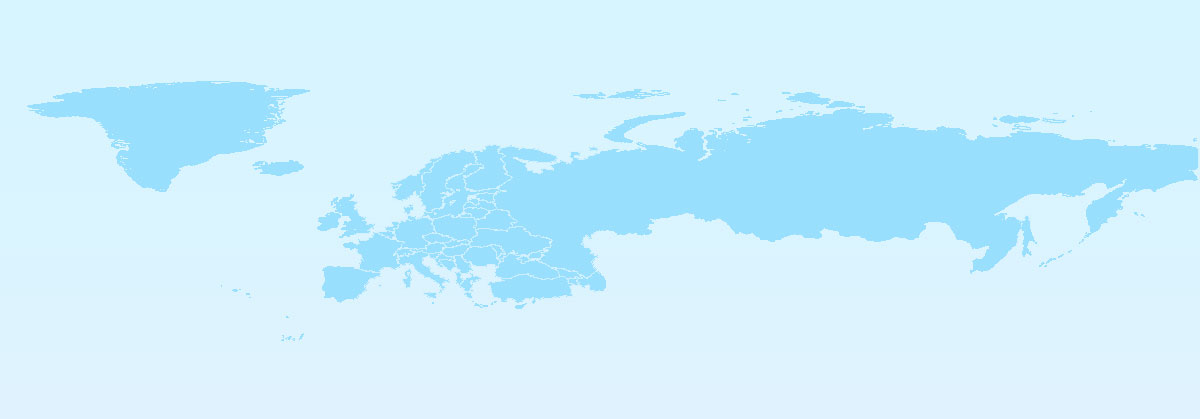




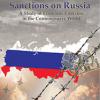
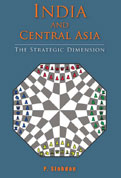



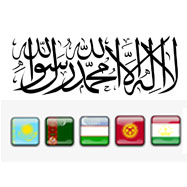
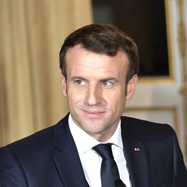
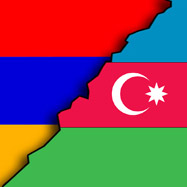
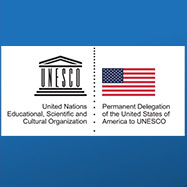
Collective Security Treaty Organization and the Caucasus Conflict
The Armenia–Azerbaijan conflict has called into question the CSTO’s role as a regional security guarantor.